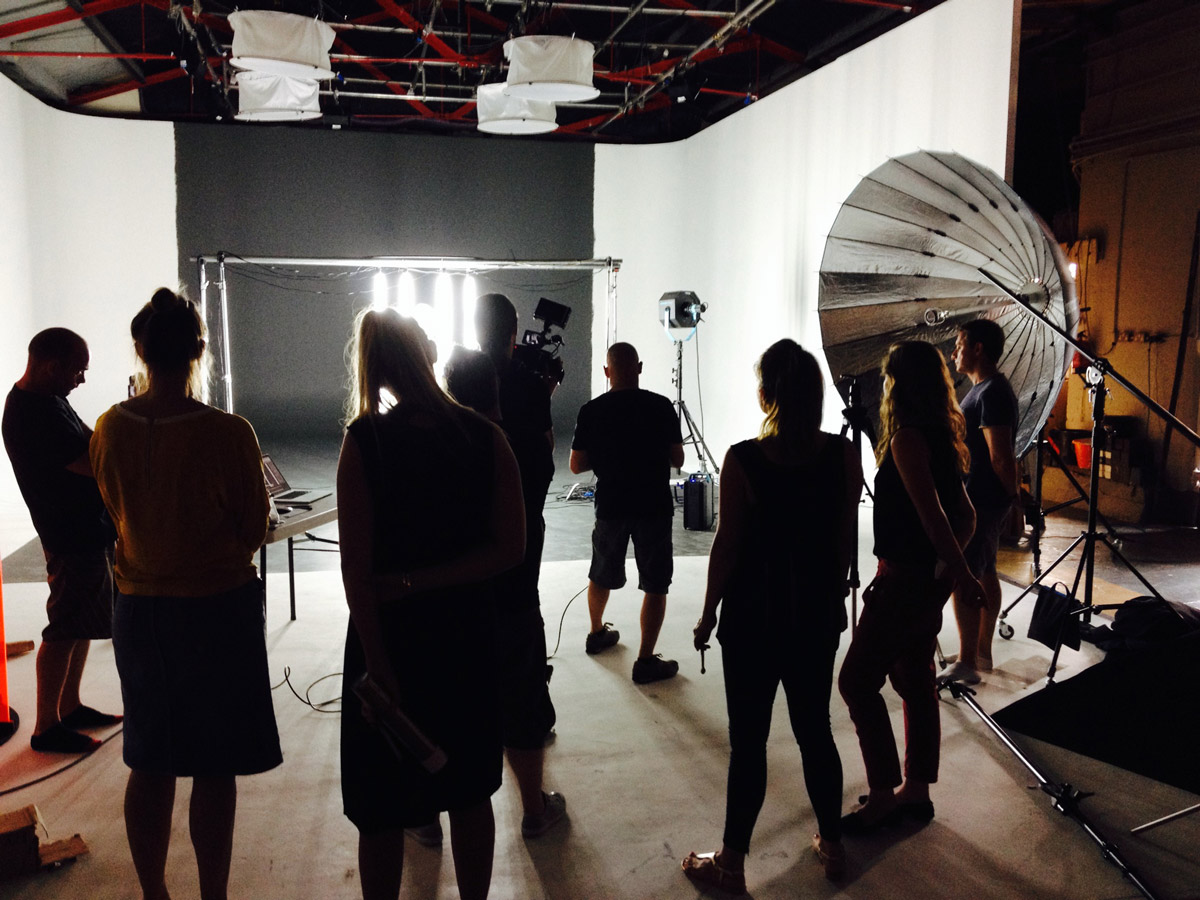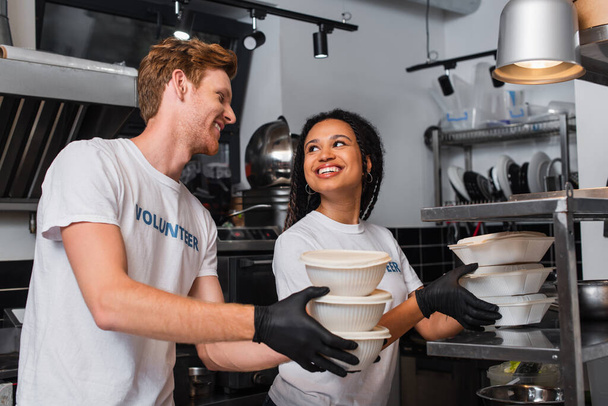How to navigate the world of work experience and find the right career path
Sara Navabi
18-07-2023
Sara Navabi
18-07-2023Once you reach year 10, the pressure to get work experience seems to suddenly pile up. When this is coupled with GCSE stress, the idea of securing extra work can be incredibly overwhelming. That being said, work experience doesn’t have to be this way. It’s actually a great way to explore your interests and bridge the gap between your education today and your career tomorrow, aiding in personal growth and skill development.
For me personally, the work experience I completed following my GCSEs was pivotal.
Landing two placements in different industries, one in TV and the other in Fashion, allowed me to try out careers I was interested in, find out what I enjoyed and confidently determine what I actually wanted to do before committing to A-levels or a degree. The most interesting thing I discovered was that the job I always thought I wanted was actually completely unsuited to me. Had I not completed the work experience it may have taken me a lot longer to come to this revelation, costing time and even money, had I ended up committing to a degree.

Something that often holds people back from obtaining work experience is not knowing where to start. However, the process is much simpler than you may think.
Begin by researching industries and professions that align with your interests. Look for companies, organisations, or professionals that may be accessible to you and send them an email. Since you are effectively offering your services for free for a short period, employers are usually keen to have you, but it's up to you to contact them.
Another way to approach it is to leverage your existing network or create new connections through family, friends or teachers. Inform them of your interest in gaining work experience and ask if they know of any opportunities, regardless of industry, it is a great way to grow your network. Plus, if they can, they'll be happy to help.
Should those routes prove challenging, volunteering is a highly valuable alternative. This can be done in local charity shops, animal shelters or food banks. Not only would this help you develop skills and gain invaluable experience, it would also demonstrate your commitment to social causes to future employers and look great on your CV.

Overall, the best advice I can impart is to use work experience as an opportunity to learn and explore career paths. Don’t put pressure on yourself. The more you do, the closer you’ll get to finding your niche.
Popular Reads
























